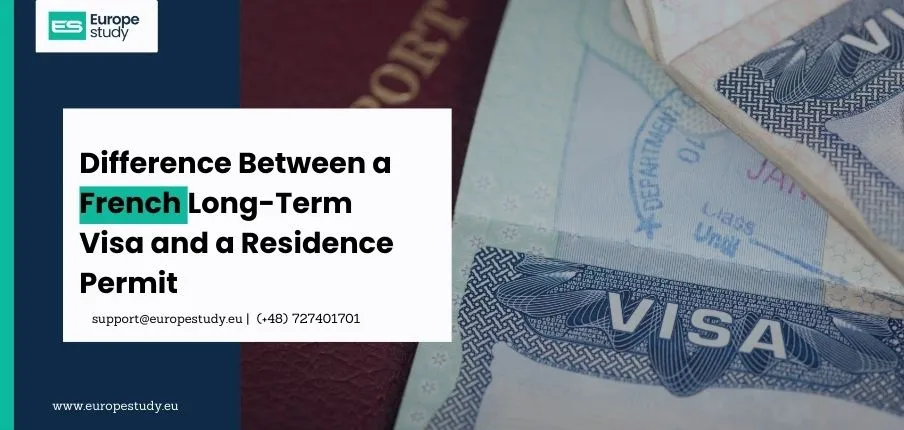
Difference Between a French Long-Term Visa and a Residence Permit
Navigating French administrative procedures can be complex, and many people confuse two key documents: the French long-term visa and the residence permit. While they are connected, they serve different purposes. Let’s clarify their roles to help you avoid any misunderstandings.
What Is a French Long-Term Visa?
A long-term visa is essentially a travel document issued in the form of a sticker or stamp in your passport. Its primary function is to allow entry into France for an extended stay. However, it is important to note that a visa does not grant the right to live or work in the country.
This visa must be obtained outside of France, specifically from the French consulate in your current country of residence. It’s your gateway to France, but it’s just the first step in the process of establishing a legal presence.
What Is a French Residence Permit?
Once you’ve arrived in France, the long-term visa alone is not enough to remain in the country legally. To stay, you must either validate your visa or apply for a residence permit, depending on the type of visa you were issued.
The residence permit is an official document that authorizes you to live and, in some cases, work in France. It ensures that your stay complies with French regulations and confirms your legal status in the country.
Think of the long-term visa as your ticket to enter France and the residence permit as your key to staying. Both are essential for anyone planning an extended stay in France, but each serves a distinct purpose in the process.
Understanding this distinction will help you navigate French administrative procedures more smoothly and ensure that your stay in France is both legal and hassle-free.





